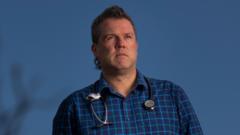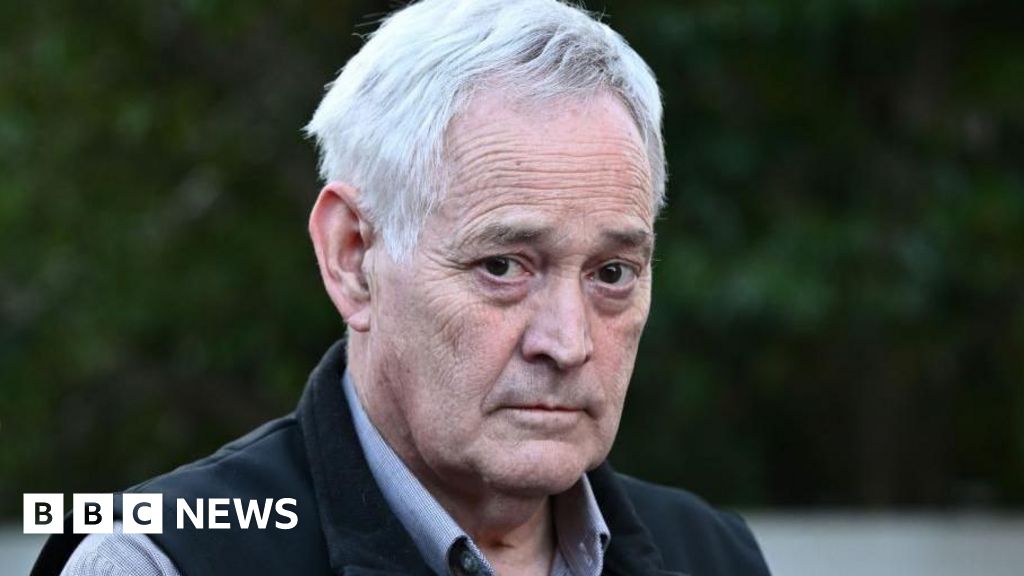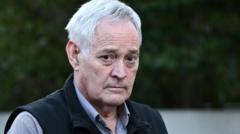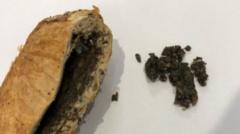In a small hospital in rural Victoria, a disturbing case unfolded that would ultimately expose a heinous crime. Dr. Chris Webster, a local physician, vividly remembers the moment he realized he was treating a cold-blooded killer. "I knew," he recounted to the BBC, referring to Erin Patterson, who had entered the emergency room with seemingly no concern for the health of her guests. Just hours earlier, four people had enjoyed a meal at her home, only to end up gravely ill with symptoms resembling severe food poisoning.
Patterson was later convicted for the murders of her in-laws, 70-year-old Don and Gail Patterson, and Gail's sister, 66-year-old Heather Wilkinson, as well as attempting to murder local pastor Ian Wilkinson. Initially, Dr. Webster believed he was dealing with an ordinary case of food poisoning after hearing about the lovely lunch that went terribly wrong. However, as tests revealed the true culprit to be toxic mushrooms hidden within Erin's beef Wellington, everything changed.
Receiving a critical call from a Dandenong doctor, Dr. Webster rapidly adjusted his treatment approach for his patients. Upon realizing Erin's identity, he felt an ominous connection and suspicion about her involvement, especially when she attributed the mushrooms to a reliable supermarket chain instead of admitting to foraging them herself. "I was like, 'Oh, hang on, what's your name?' And she said, 'Erin Patterson,'" he recollected.
Soon after, Erin left the hospital against medical advice, prompting Dr. Webster to notify the authorities. His concerns escalated, as he feared for her safety and assessed the situation with logic that led him to believe she might have known more than she let on. When police arrived, Erin had voluntarily returned to the hospital, where Dr. Webster urged her to ensure her children, who might have consumed the leftovers, were checked as well.
The trial revealed that while Erin maintained her innocence, claiming it was a tragic accident, Dr. Webster's testimony proved vital in convicting her. For him, the verdict brought a long-awaited sense of relief. On a personal level, seeing Ian Wilkinson, the only survivor, recover after a liver transplant solidified the importance of his role in this case. "That memory of Heather being sort of taken away in that fashion, that's now bookended by seeing Ian standing on his feet again," Dr. Webster reflected, highlighting the emotional gravity of his experience. The case not only brought justice but illustrated the vital links between medical vigilance and legal accountability in the face of unimaginable tragedy.

















